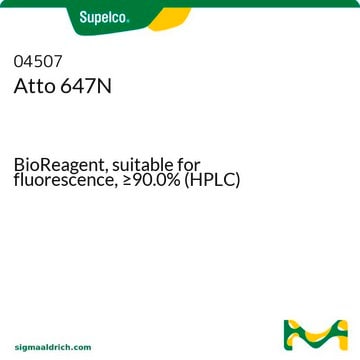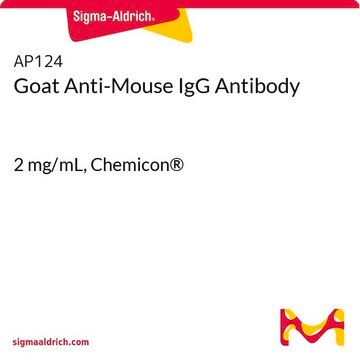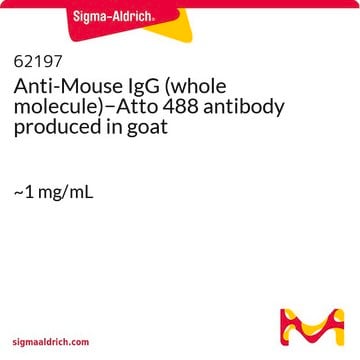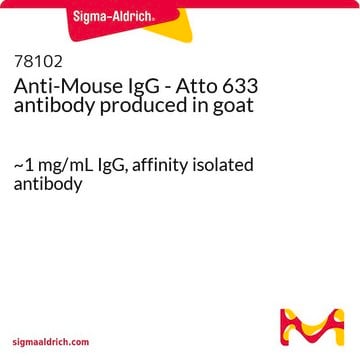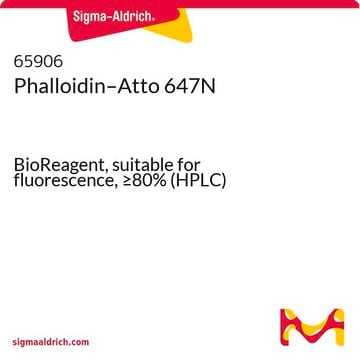43394
Anti-Mouse IgG−Atto 550 antibody produced in goat
1 mg/mL protein
Synonyme(s) :
Atto 550-Anti-Mouse-IgG antibody produced in goat
About This Item
Produits recommandés
Conjugué
Atto 550 conjugate
Niveau de qualité
Type de produit anticorps
secondary antibodies
Clone
polyclonal
Forme
liquid
Contient
50% glycerol as stabilizer
Espèces réactives
mouse
Concentration
1 mg/mL protein
Technique(s)
immunofluorescence: suitable
protein array: 2.8 μg/mL
Fluorescence
λex 550 nm; λem 576 nm in PBS
Température de stockage
−20°C
Modification post-traductionnelle de la cible
unmodified
Forme physique
Remarque sur l'analyse
Informations légales
Clause de non-responsabilité
Vous ne trouvez pas le bon produit ?
Essayez notre Outil de sélection de produits.
Mention d'avertissement
Warning
Mentions de danger
Conseils de prudence
Classification des risques
Eye Irrit. 2
Code de la classe de stockage
10 - Combustible liquids
Classe de danger pour l'eau (WGK)
WGK 3
Point d'éclair (°F)
Not applicable
Point d'éclair (°C)
Not applicable
Équipement de protection individuelle
Eyeshields, Gloves
Faites votre choix parmi les versions les plus récentes :
Déjà en possession de ce produit ?
Retrouvez la documentation relative aux produits que vous avez récemment achetés dans la Bibliothèque de documents.
Les clients ont également consulté
Notre équipe de scientifiques dispose d'une expérience dans tous les secteurs de la recherche, notamment en sciences de la vie, science des matériaux, synthèse chimique, chromatographie, analyse et dans de nombreux autres domaines..
Contacter notre Service technique

